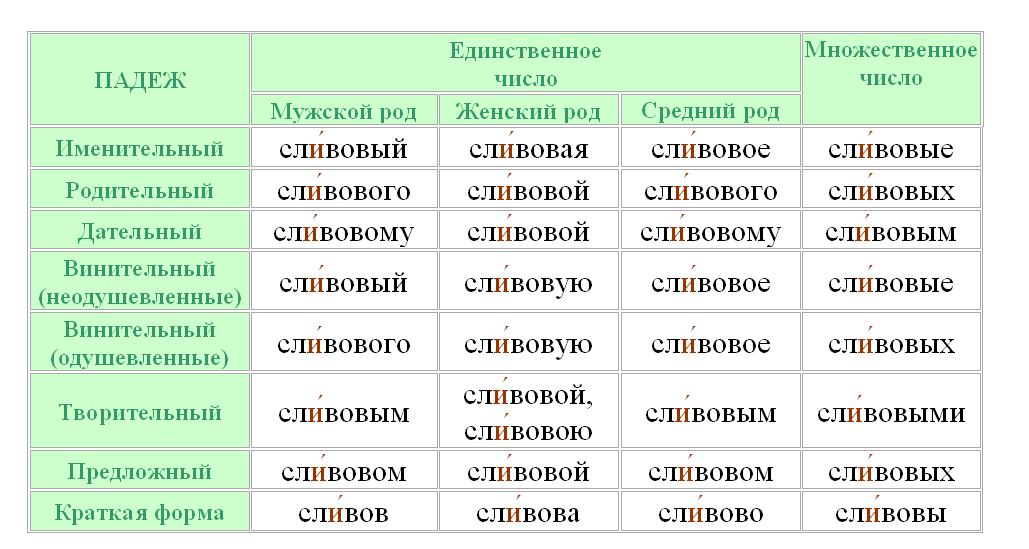"Plum" is the right accent
The word "plum" accent always falls on the first syllable. It's listed as correct, normative in all the pronouncing and spelling dictionaries of the Russian language.
Often in speech the pronunciation of "plum" with the accent on the "o" is rude speech error, and the authors of some dictionaries even separately, militates against this option. Restraining such a mark can be seen, for example, in the directory "Russian word stress" edited by M. V. Zerby in several other publications.
It does not matter in what context you used the word "plum" – the emphasis will be unchanged in the case when we are talking about something associated with plums or prepared from them; and then, when it comes to color. For example:
- prune juice;
- plum garden;
- prune pit;
- plum paint.
Accent on the "I" in the adjective "plum" persists in all branches and in all case forms.

Why the word "plum" the stress falls on the first syllable
The emphasis in the Russian language phonological paradigmatic, in cognate words, or even different forms of the same words, the focus may be on different syllables. Therefore, to use the word "drain" as a "test word" no. However, there are common trends, which in the formation of adjectives from nouns, the accent remains on either the same vowel or shifts to another syllable.
In adjectives formed from nouns of two syllables with the help of suffixes "-ov-" and "-EV-" in most cases, the accent remains on the same syllable. For example:
- mango – mango;
- bomb bomb;
- fir – fir.
The word "plum" also belongs to this group of adjectives, so the accent it falls on the same syllable, as in released.
However, within this group of words has been a tendency to a gradual shift of emphasis in the middle of a word, such pronunciations as "Grushovaya", "denim" or "minus" is already considered acceptable in speech.
It is possible that the accented "plum" some time later will also be considered Mature and will gain the "right to life". But until that happens – and "plum" with the accent on the "and" remains the only alternative that meets the rules and regulations of the Russian literary language.
